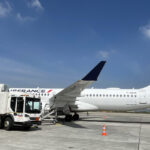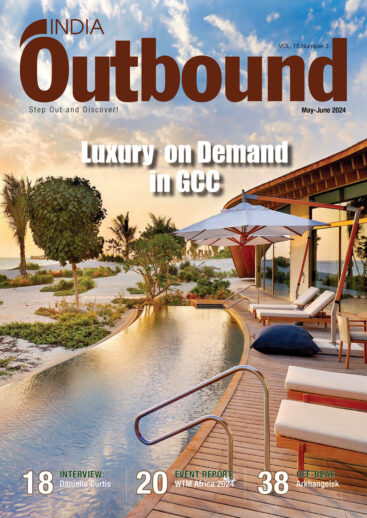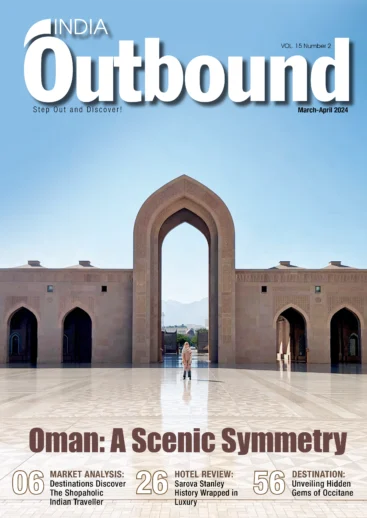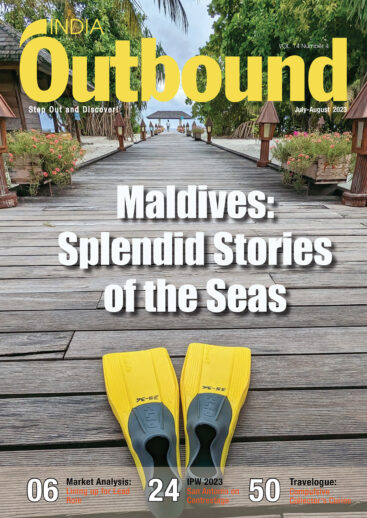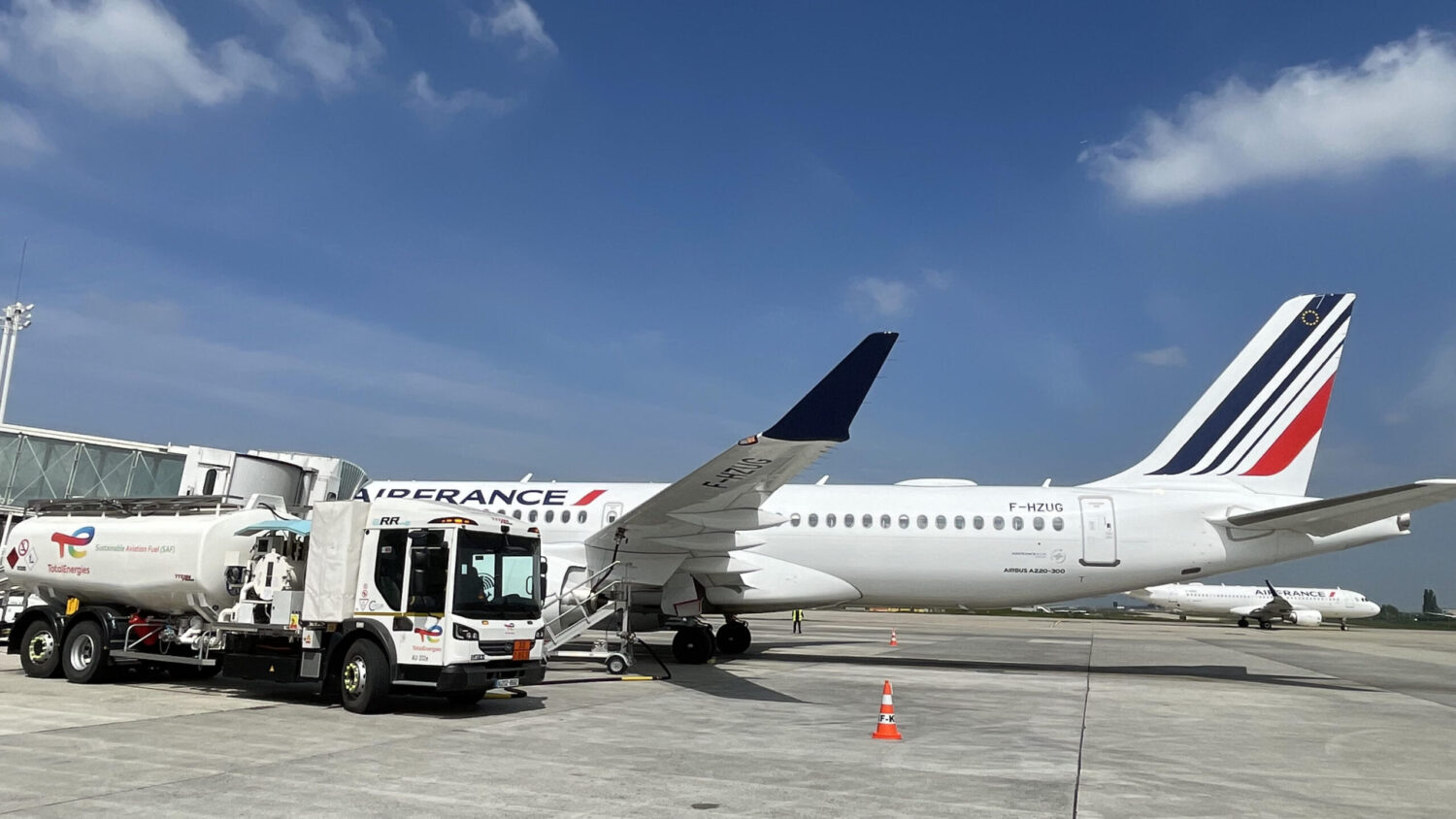
Air France-KLM: Bought 17% of global Sustainable Aviation Fuel sales in 2022, while SAF usage remains only 0.1% of world aviation fuel consumption
Despite the widespread discussions about switching to Sustainable Aviation Fuel, global airlines have been reluctant to adopt the so-called fuel of the future as SAF usage was barely 0.1 pc of total aviation fuel consumed across the world in the year 2022.
This startling claim has been made by European airline, Air France-KLM Group. In a press statement, the group, that is holding company of both Air France and KLM, says that the future of the aviation sector depends on the decarbonisation of air travel. It notably relies on utilising more of Sustainable Aviation Fuel (SAF), as well as other actions like updating our fleet with better, quieter, fuel-efficient aircraft and implementing focused operational measures driven by eco-piloting.
The statement adds that SAF production has been a known technology for years as Air France and KLM began using it in 2009.
The airline says that while the group only contributed for 3 pc of the worldwide paraffin use in the same year, Air France-KLM purchased 17 pc of the world’s SAF output. In tandem with efforts along the entire value chain aimed at curbing aviation’s carbon footprint as quickly as possible, SAF is being looked upon to be, in the short term, the driving force behind the decarbonisation of air transportation. SAF is “drop-in” fuel, meaning it can be used now without having to modify planes, engines or airport fueling operations.
Air France-KLM says it has set strict procurement criteria and buys only SAF that does not compete with human food or animal feed, is not derived from palm oil, and is capable of reducing CO2 emissions by at least 75 pc over its entire lifecycle. SAF also has strategic value for countries that will handle its production, the key to creating jobs and fostering greater energy independence.
It adds that regulations in France and Europe mandated 1 pc of SAF on all flights departing France starting January 1, 2022, 2 pc for all flights departing Europe in 2025, and 6 pc for all flights departing Europe again in 2030. The trajectory for adopting SAF in accordance with the European RefuelEU decarbonisation strategy then quickly ramps up to 20 pc by 2035 and 70 pc by 2050. By 2030, the Air France-KLM Group hopes to incorporate at least 10 pc of SAF internationally, not just for flights departing France and Europe, and is on course to surpass these regulatory criteria.
The statement adds that the Air France-KLM Group also signed deals with Neste and DGFuels for a combined 1.6 million tonnes of SAF, in addition to its stated goal of decreasing its overall CO2 emissions by 30 pc per passenger/km by 2030 compared to 2019. Three of the 10 pc that the Group hopes to incorporate by 2030 are covered by these agreements. The delivery window is set between 2023 and 2036.
The Group is actively working with other stakeholders like Engie or Elyse Energy to advance the development of made-in-France SAF after already reaching an agreement protocol with TotalEnergies. These agreements are necessary for manufacturers to remain ahead of the curve in terms of demand and provide SAF appropriately.
It says that the most advanced technology in use today is based on plant resources or biomass. SAF was rapidly recognised as a chance to add value to waste or previously used commodities, such as leftover cooking oil, within the context of the circular economy. Energy specialists are concentrating on generating “synthetic” fuels manufactured purely from captured CO2, water, and power in addition to working on so-called “second-generation” fuels. France has an advantage in this regard because of the size of its nuclear fleet, which generates low-carbon energy. This fuel family is still in the research and development phase, and it won’t likely be ready before 2027.
The airline says that expanding demand for aircraft, as well as land and sea transportation, is currently outpacing supply. The inventory problem will take some time to resolve because it takes a SAF production unit 5-7 years to reach full operational capacity. Other factors include the fact that some technologies, like synthetic fuels, are still in the development stage and not yet ready for industrial application.
Because there isn’t a well-established production industry, SAF is now 4–8 times more expensive than conventional gasoline. This pricing disparity has already had a negative financial impact on airlines and ticket prices. Using 20 pc of SAF on a round-trip flight from Paris to New York in Economy class would increase the cost of the ticket by Eur 175 at the country’s current SAF rates.








